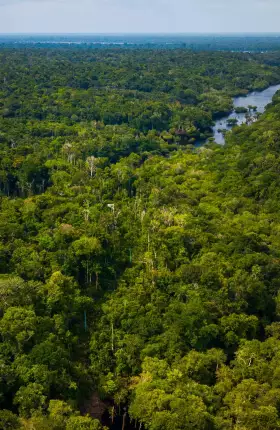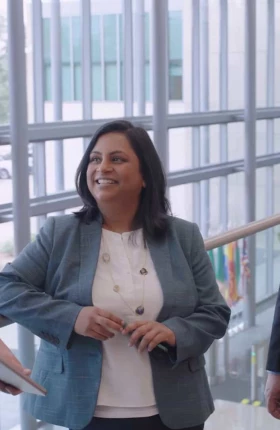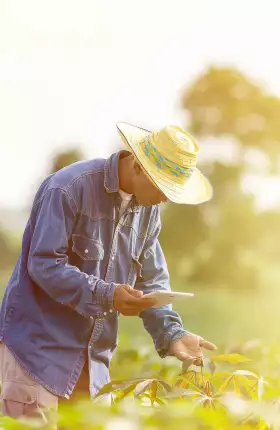
Education
- MBA, health care management, Wharton School of the University of Pennsylvania
- MA, international relations, Johns Hopkins University, Paul H. Nitze School of Advanced International Studies
- BA, economics and sociology, Davidson College
Honors and Awards
- BCG President's Award for Partnership
- Presidential Leadership Scholar
- US Board Member, Africa Governance Initiative
Shalini Unnikrishnan is the Global Lead for Societal Impact in the Consumer and Social Impact practices at Boston Consulting Group.
Shalini’s work at BCG is focused at the intersection of the private, public, and social sectors. She is the co-author of “Total Societal Impact,” which explores how companies can gain business and societal value through their core operations. Shalini gained expertise in this subject through her work with private sector clients. She also supports public and social sector clients on private sector engagement. Shalini has worked extensively in emerging markets–on value chains of private sector companies in agriculture, financial inclusion, women’s empowerment, and economic development. Her experience includes supporting the UN Mission for Ebola Emergency Response in West Africa, working within presidencies in Africa as an advisor on economic development, supporting global health and education coalitions, and designing public-private partnerships for consumer companies.
Shalini has taken leaves of absence from BCG (2009-10, 2012) to serve with former UK Prime Minister Tony Blair's Africa Governance Initiative (AGI). She was embedded within President Kagame's government in Rwanda to support private-sector development, and she was a day-to-day advisor to President Banda in Malawi.
Shalini is a recent Presidential Leadership Scholar, a selective program led by former President George W. Bush, and she has written and published extensively on various topics in societal impact including a TED talk on new models for tackling humanitarian crises. She currently sits on the Board of Directors of the Tony Blair Foundation.












